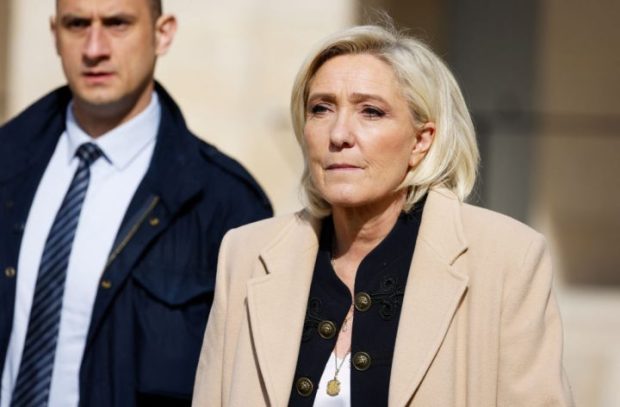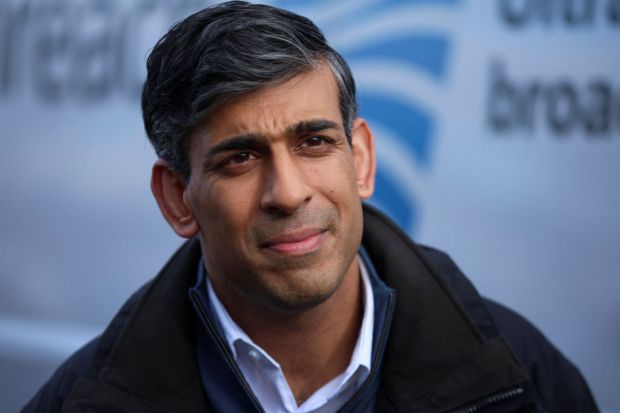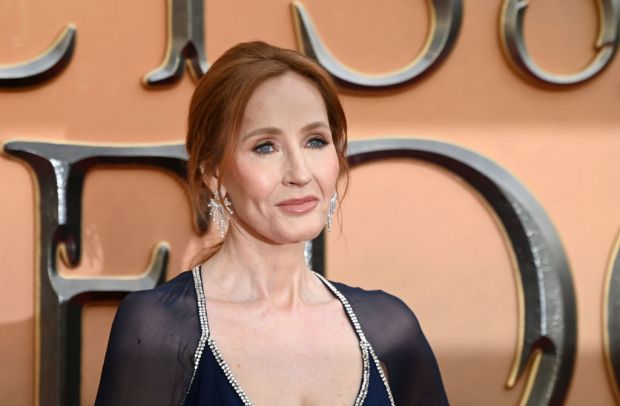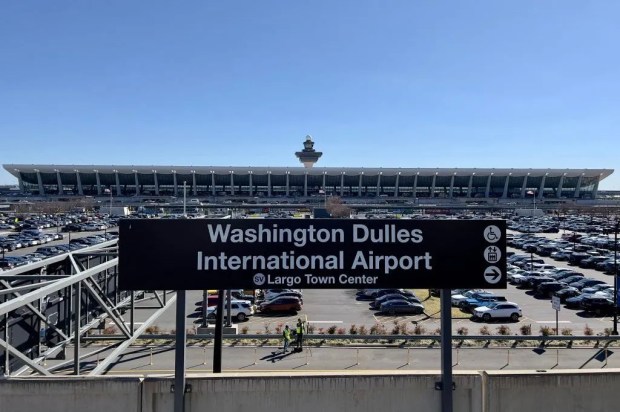Until a few years ago, Hollywood dominated Chinese cinemas. In the People’s Republic, Marvel’s superhero romps were the people’s favourite. In 2019, Avengers: Endgame took more than 4 billion RMB (£510 million) at Chinese box offices. That success might partly explain why the Chinese Communist party went on to effectively ban Marvel films for the next three years. Real heroes should be Chinese.
Other Hollywood smash-hits such as Top Gun: Maverick and Spider-Man: No Way Home have also beendenied entry into the Chinese market. A new Film Administration Bureau, created in 2018 and headed by a Xi loyalist, brought film distribution closer to the party line. Last year, only 29 American-made films were released in China; compared to 73 in 2018. One estimate put the China-shaped gap for Hollywood at $2 billion. American filmmakers were about to lose hope.
But that’s all changing with the end of zero Covid. This month, Marvel is off the blacklist as Beijing approves the Chinese release of Black Panther: Wakanda Forever and Ant-Man and the Wasp: Quantumania. This comes after Avatar: The Way of Water was allowed an extended run over the Chinese New Year period.
Chinese filmmakers might also get a break. Their films are still frequently censored for being politically or culturally insensitive (the CCP is prudish on sex and suicide). But there’s a new head at the Film Administration Bureau: 57 year old Mao Yu graduated from Beijing Film Academy (the same school that trained some of China’s greatest directors). Industry insiders see him as someone who empathises with filmmakers more than his loyalist predecessor (now the party secretary of Sichuan).
What else changed? The outlet Semafor reports that Disney’s former CEO, Bob Chapek, lobbied China’s then-ambassador to Washington Qin Gang early last year. Qin is now China’s minister of foreign affairs, a promotion from the DC post to be sure, but Chapek is unlikely to have been the reason for the U-turn.
It’s more that Beijing is desperate for the business. After three years of zero Covid and the lowest GDP growth figures last year since China’s economic reforms began, the CCP needs to restart the economy. ‘More forceful measures’ were needed to boost spending, President Xi said in December, at the same time pledging more help to private and foreign businesses. It’s a message he repeated in this week’s Politburo meeting. In real estate, technology and now entertainment, the government is trying to evoke the Deng days of economic pragmatism, at least while the economy gets back on its feet.
Chinese provinces are incentivising home buying (the communist state’s economy relies heavily on the property market), while the CCP has loosened its chokehold on tech companies, such as Didi Chuxing, a ride-hailing app. Had it not been for the pesky spy balloon, which cancelled his visit to Beijing, US secretary of state Anthony Blinken would have heard all about how China is back open for business. (Whether you believe that messaging is another question – Chinese investor confidence has been shaken by the recent disappearance of leading banker Bao Fan. He’s said to be ‘assisting’ the authorities in an investigation).
And yet, the question of this year’s economic recovery could be existential for the CCP. Three years of zero Covid have impoverished families and destroyed livelihoods. Public anger broke through last November with the nationwide protests, but that is likely just to be the tip of the frustration.
For now, people are not demanding a reckoning to hold the CCP to account for its poor handling of the pandemic. After all, almost everyone has been ill, recovering from Covid, and/or simply trying to enjoy post-lockdown life (there is some sign of revenge spending – January box office topped records with 10.1 billion RMB of revenue (£1.2 billion)). But if the economy doesn’t boom this year, public opinion could easily turn against Beijing.
More Marvel films could help with the morale problem (bread and circuses and all), though Hollywood should remember that the Chinese market doesn’t come for free. The censors may have relaxed, but they still grip the key to the domestic box office.
As film producer Chris Fenton points out, China’s opening up incentivises Hollywood to continue to be tame when it comes to portraying China. So Maverick won’t be fighting Chinese communists any time soon. But the shifting geopolitical landscape does mean that the days of the most egregious appeasement are over (such as excising chunks of a finished film to please Beijing’s censors). This kind of behaviour will now land studios in trouble on Capitol Hill – Republican Congressman Mike Gallagher has already said that he’s keen to haul the incumbent Disney CEO to testify in front of his new select committee on China.
It’s a new world out there. Above all, any Hollywood pollyannas should beware: welcoming back western films is a calculated (and likely temporary) move from Beijing to boost the economy and post-zero-Covid public morale. And just as with zero Covid, when it comes to the CCP’s policies, you never know when it might be curtains.
Got something to add? Join the discussion and comment below.
Get 10 issues for just $10
Subscribe to The Spectator Australia today for the next 10 magazine issues, plus full online access, for just $10.





















Comments
Don't miss out
Join the conversation with other Spectator Australia readers. Subscribe to leave a comment.
SUBSCRIBEAlready a subscriber? Log in